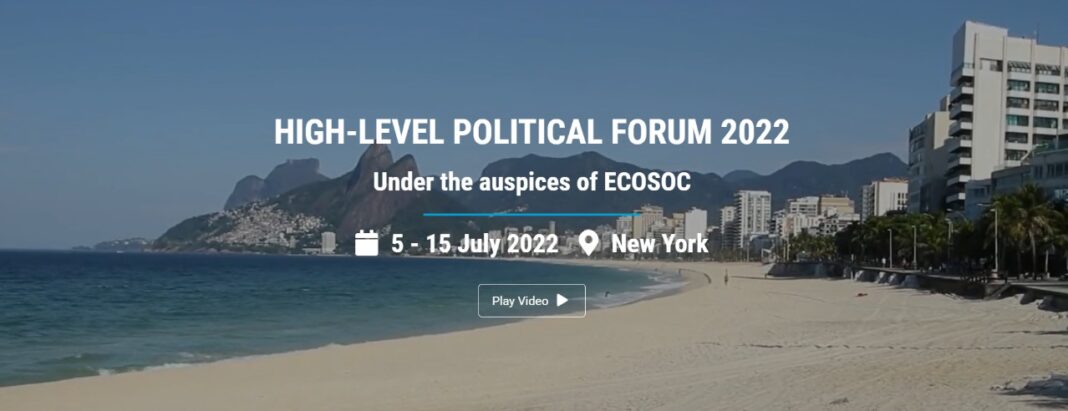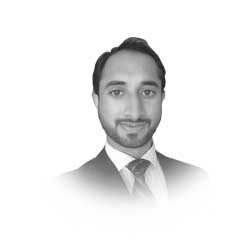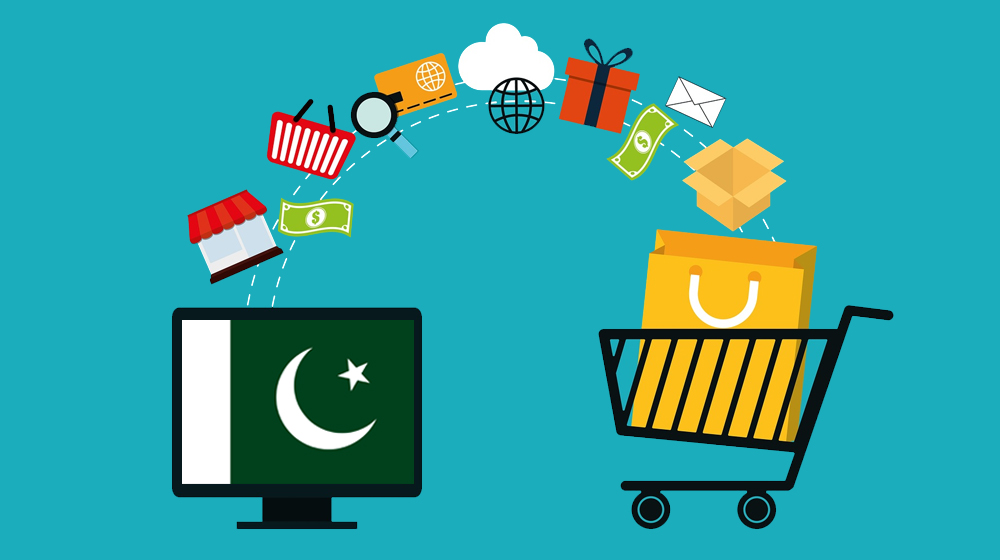ISLAMABAD: The civil society of Pakistan has appreciated the incumbent government’s presentation of official voluntary national review (VNR) at the UN High Level Political Forum in New York showing progress on the 2030 Agenda. However, it said that several concerns still exist on critical sustainable development goals (SDG) priorities in the absence of policy coherence, efficient implementation and review mechanisms.
The civil society organizations (CSOs) pointed out that addressing the reported regressions and stagnation on critical goals including inequalities, hunger, justice, education, gender equality and climate change needs more focus. According to them, the most marginalized like the poorest, women & girls, transgenders, religious & sexual minorities, farmers, laborers, and persons with disabilities are the subjects still need to be covered properly in public sector development programs.
These concerns were expressed in a joint statement of representatives from a number of CSOs including Pakistan Development Alliance, Parliamentarians Commission for Human Rights, AwazCDS-Pakistan, Sightsavers Pakistan, Malala Fund UK, Save The Children, Umang Champions, The Brook International, UGOOD, PCE, PODA, HomeNet Pakistan, Roots for Equality, Karachi Research Institute and LifeSavers here on Friday.
Pakistan is attending the UN HLPF (July 5115) in New York under the auspices of ECOSOC under the theme “Building back better from the coronavirus disease (COVID-19) while advancing the full implementation of the 2030 Agenda for Sustainable Development”.
The HLPF also reviewed in-depth SDGs on quality education, gender equality, life below water, life on land, and partnerships for the goals. During the session, representatives of 44 countries carried out voluntary national reviews (VNRs) of their implementation of the 2030 Agenda for Sustainable Development.
The CSOs, while pointing out over 22 million children are out of school, called for holistic planning, equitable financing, and stronger political will to enhance the educational outcomes prioritizing the millions left behind. At least 4-6 per cent of GDP or 20-25 per cent of public expenditure must be ensured to protect peoples’ fundamental right to education, as per Article 25A, they suggested.
They were of the view that the gender equality requires multi-sectoral gender-sensitive planning based on comprehensive vulnerability assessment for achieving gender-responsive social protection, health and education outcomes, protection from violence and disasters, and protection of right to inheritance, employability and political participation.
For the protection of civic spaces and democratic accountability, they emphasized for CSOs’ meaningful inclusion across agenda-setting and planning processes to avoid tokenistic representation.








